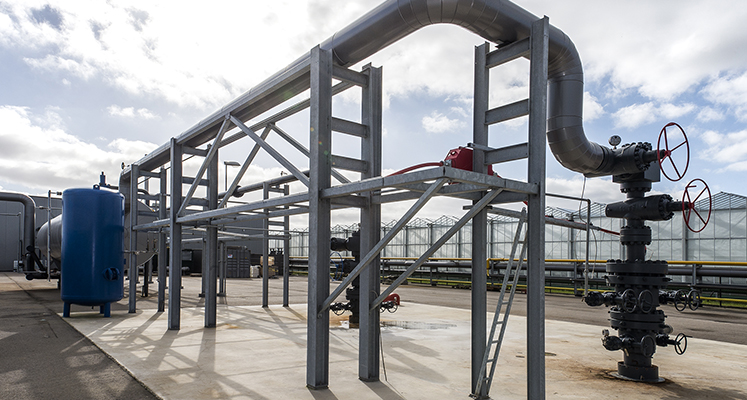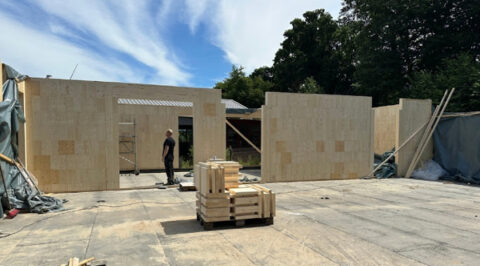The development of geothermal energy lags behind in the Netherlands, especially given the government's ambitions in this field. Invest-NL has taken the initiative to accelerate the application of geothermal energy in the Netherlands by drawing valuable lessons from the experiences of our neighboring countries. This has resulted in a study that shows how successful implementations are taking place in countries such as Denmark, Germany and France. The message is clear: we must get to work to achieve robust financing models, optimized regulations and strong public-private partnerships.
Geothermal is a form of energy generation that uses the earth's natural heat, which is both constant and virtually inexhaustible, providing a stable supply of energy without the volatility characteristic of some other renewable sources such as solar and wind. Geothermal energy can play an important role in reducing our dependence on fossil fuels and achieving climate goals because it has low emissions and helps stabilize the energy grid. In addition, geothermal energy offers the potential for both direct heating and electricity generation, making it versatile in both urban and rural areas and takes up virtually no public space.
Effective financing structures
Research on geothermal development in other European countries, commissioned by Invest-NL and conducted by Well Engineering Partners (WEP) and the European Geothermal Energy Council (EGEC), has focused on effective financing structures, supportive regulation and building public support. These factors have contributed significantly to the scalability and economic feasibility of geothermal projects in those countries. The analysis shows that that implementation in the Netherlands lags behind due to technical, financial and societal challenges.
The report highlights that we can benefit from the adoption of robust financing models, optimized regulations, and strong public-private partnerships that have been successfully implemented elsewhere. These measures are essential to create a more attractive investment climate and supportive policy environment, which is fundamental to a sustainable and reliable energy supply.












